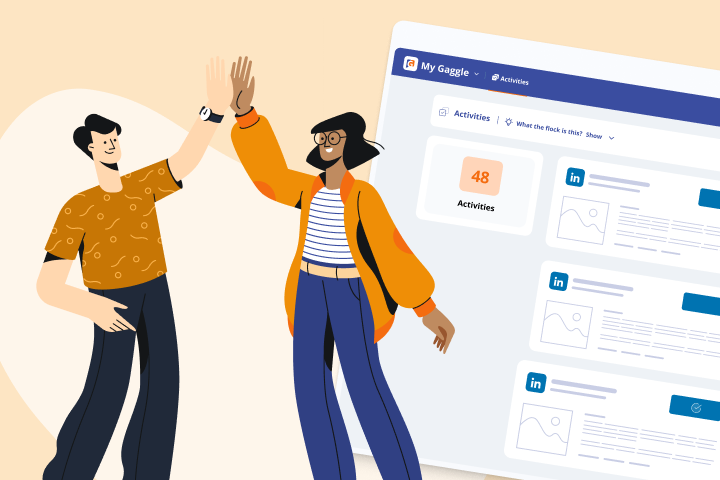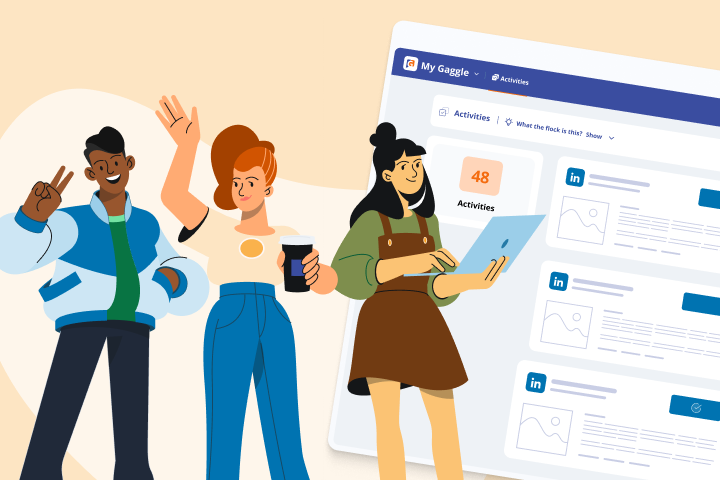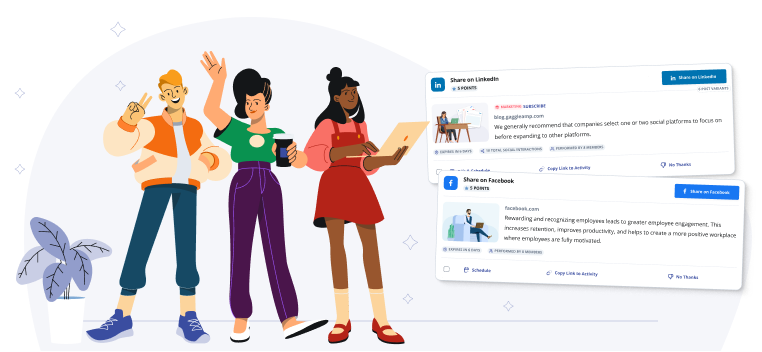How To Boost Your Employer Branding Activities
The battle for top talent is fiercer than ever before. For many companies, the secret weapons used to attract the best candidates are no longer hefty salaries or exclusive job perks. The secret weapon is actually singular: it’s employer branding!
Strategic employer branding not only makes potential candidates aware of your brand, it shows them why your brand is special. It makes them want to be a part of your team and helps retain existing team members.
In this article, we will show you how to amplify your employer brand with helpful employer branding activities, strategies, and examples. But, before we dive in, let’s lay a solid foundation by explaining what is employer branding in recruitment.
What Is Employer Branding in Recruitment?
Employer branding in recruitment refers to how you market your company to job seekers. It is the story you want to have told by your employees to recruit new talent to your company.
With strong employer branding, you can transform your employees into brand ambassadors who spread the word about your company’s products, services, values, culture, and more.
The Importance of Employer Branding
A strong employer brand can lead to many benefits, including improved talent acquisition, increased employee engagement and retention, and a well-rounded public image. Companies with a positive employer brand find attracting top talent easier while reducing hiring costs and attrition rates.
Employer branding statistics show that companies that maintain a robust employer brand can lead to a 50% increase in the number of qualified candidates applying to work for them.
Employer Branding Initiatives
Employer branding initiatives are targeted actions that companies take to enhance their attractiveness as an employer. These initiatives can range from improving the work environment and employee benefits to external marketing and community engagement strategies.
For example, some engagement strategies are showcasing employee testimonials on social media, participating in community engagement activities, and developing a thriving online presence that reflects the company's commitment to its values and employees.
Here’s a great example of a company that offers professional growth opportunities to its employees.

Source: Kalmar
Employer Branding Statistics
Still on the fence about employer branding? The following statistics prove the undeniable positive impact that strong employer branding can have on a company:
- 28% reduction in employee turnover.
- 75% of candidates research a company's reputation and employer brand before applying for a job.
- 69% of candidates would reject an offer from a company with a poor employer brand.
Employer Branding Activities
Employer branding activities are multifaceted and strategic. Some top employer branding activities (and tips) are:
- Developing an Employer Value Proposition (EVP): Craft a unique employer value proposition that highlights the distinctive benefits and opportunities offered by the company to its employees.
- Enhancing the Candidate Experience: Focus on improving every aspect of the recruitment process – from job postings to interviews and onboarding – to ensure a positive and engaging experience for potential hires.
- Communicating the Company Culture: Portray the company's values, work environment, and ethos through various communication channels like social media, websites, and internal communications.
- Engaging in Corporate Social Responsibility (CSR) Activities: Participate in initiatives that address environmental, social, and community issues and demonstrate the company's commitment to societal welfare and ethical practices.

Source: NBC Universal promoting the #OptOutside REI CSR campaign.
How To Amplify Your Employer Brand
Understanding and establishing a consistent employer brand is only the beginning. The next step is amplifying your brand to reach and resonate with the right audience. Here are five ways to amplify your employer brand:
1. Build a Robust Careers Site
Beyond being user-friendly, your careers site must reflect your company's culture and values. It must serve as a central hub for showcasing detailed employee stories, in-depth insights into your work culture, and interactive elements like virtual office space tours or day-in-the-life videos. Immersive experiences can give potential candidates a feel for what it is like to work at your company.
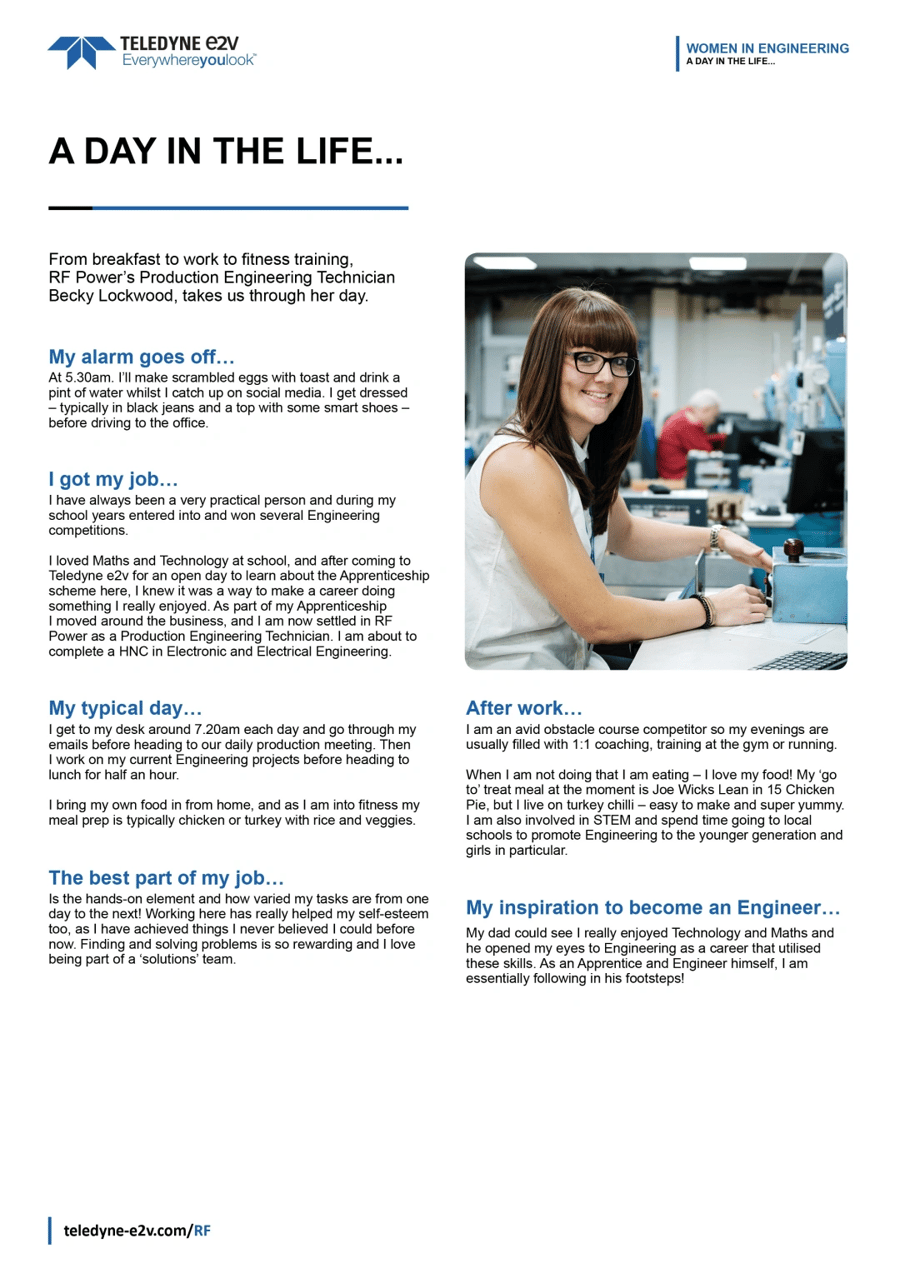
Source: Teledyne e2v
2. Craft Compelling Job Descriptions
Job descriptions are often the first point of contact with potential employees, designed to attract suitable candidates and boost the overall perception of the brand. A well-crafted job description must tell a story about the particular role, the team, and how they fit into the broader mission and goals of the organization. Your job description should be compelling, inclusive, and accurately represent the job role and company culture. Also, consider incorporating multimedia elements like videos or infographics to make them more engaging.
3. Leverage Employee Advocacy
Employees are the most credible advocates for a company. Encouraging them to share their positive experiences on social media and within their networks can significantly enhance the employer’s brand. Providing them with content to share, like news about company achievements or behind-the-scenes at company events, can help spread a positive and authentic portrayal of your workplace.
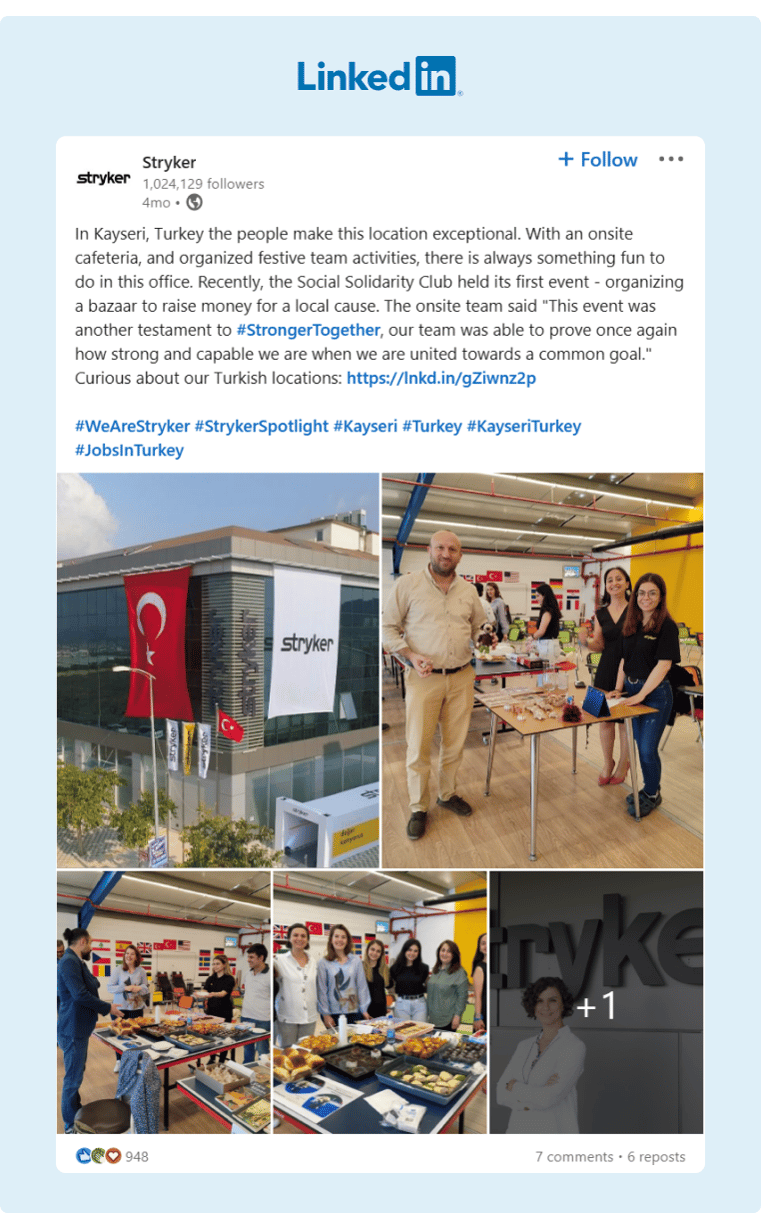
4. Make a Commitment to DEI
A commitment to diversity, equity, and inclusion (DEI) is essential. Companies that actively promote DEI are seen as more attractive employers and tend to draw a broader range of job applicants. Highlight initiatives, programs, and stories that demonstrate this commitment in action. This can include featuring diverse employee groups, sharing progress on DEI goals, and actively participating in community events that align with these values.
5. Use Social Media
Social media is one of the most powerful tools for employer branding. Posting regularly about your company’s achievements, employee stories, and workplace culture can significantly boost your brand's image. Customize your content for different social media channels to reach your target audience effectively. For instance, LinkedIn can be used for professional content like employee achievements or thought leadership articles. Similarly, Instagram might be more suited for showcasing company culture through images and stories.
Employer Branding Strategy
Developing a cohesive and comprehensive employer branding strategy involves a deep understanding of a company's core values, culture, and what it stands for in the competitive job market. A well-crafted employer branding strategy attracts talent, ensures alignment with the company's long-term vision and goals, and creates a sustainable and positive employer image. It involves continuous monitoring and adapting to ensure the brand remains relevant and appealing.
Employer Branding Social Media Strategy
A robust employer branding social media strategy hinges on delivering consistent, authentic content that reflects the company’s culture and values. This approach involves fostering engagement and building a community around the brand. Interaction through comments, direct messages, and community-building initiatives is crucial.
Regular features such as employee spotlights, culture highlights, and participation in relevant social media trends can significantly enhance an employer's presence and engagement on these platforms.
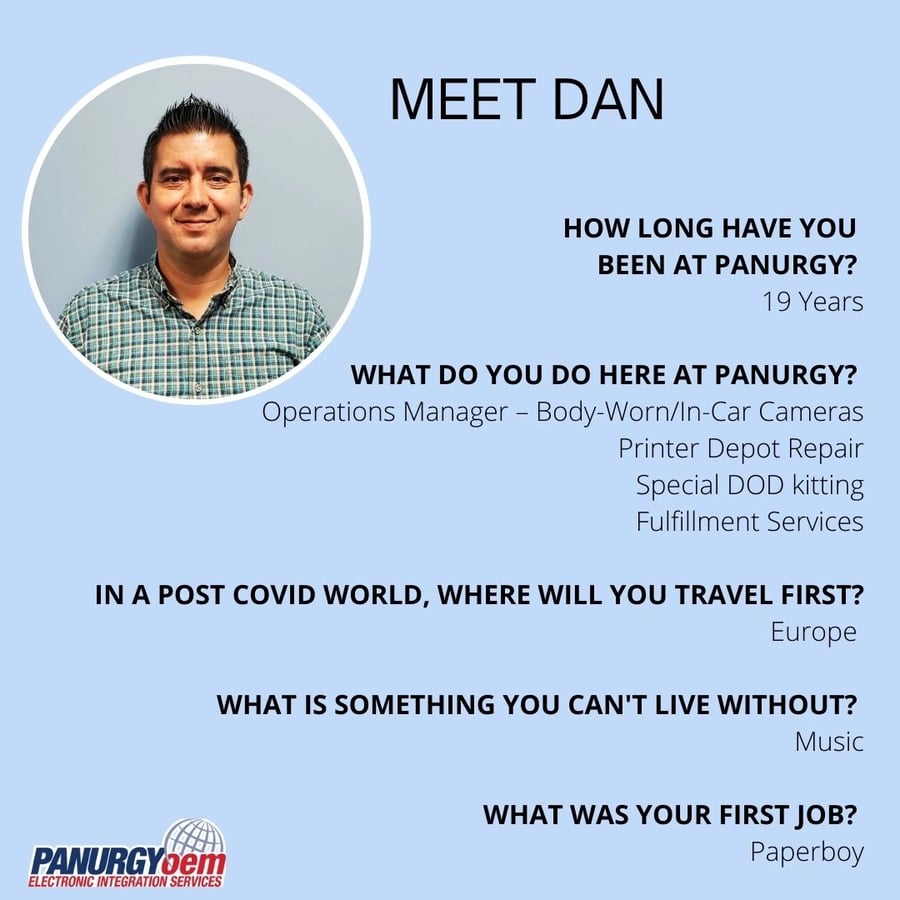
Source: PanurgyOEM
Employer Branding Social Media Examples
Leading companies like Google and Starbucks are prime examples of excellent employer branding on social media. Google effectively leverages its social platforms to display its culture of innovation and diversity. Starbucks, however, focuses on showcasing its commitment to employee development and social responsibility to create a narrative that resonates with values-driven job seekers.
Employer Branding Examples on LinkedIn
LinkedIn offers a unique landscape for employer branding. Companies like Salesforce utilize this platform to offer insights into their work culture, share employee success stories, and highlight their efforts in corporate social responsibility. This enhances their visibility and establishes them as employers of choice within their industry.
Best Employer Branding Companies
Some of the best employer branding companies like Apple excel in creating an engaging and aspirational image as employers. They are adept at consistently communicating their EVPs, crafting compelling narratives about their workplace culture and opportunities, and setting industry benchmarks.
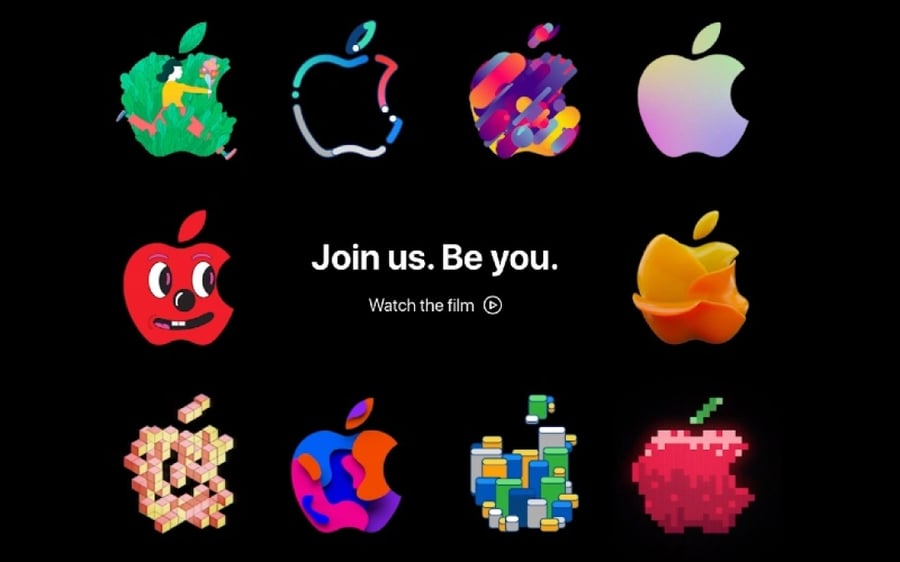
Source: Apple
Employer Branding Content Ideas
When it comes to content creation for employer branding, there are a wide array of options:
- Behind-the-scenes glimpses, employee testimonials, and day-in-the-life videos offer authentic insights into the company culture.
- Posts about workplace initiatives, achievements, and CSR activities help build a narrative that aligns with the company’s values and EVP.
- Interactive content like Q&A sessions, live office tours, and employee takeovers on social media platforms can significantly boost engagement and showcase the company’s dynamic work environment.
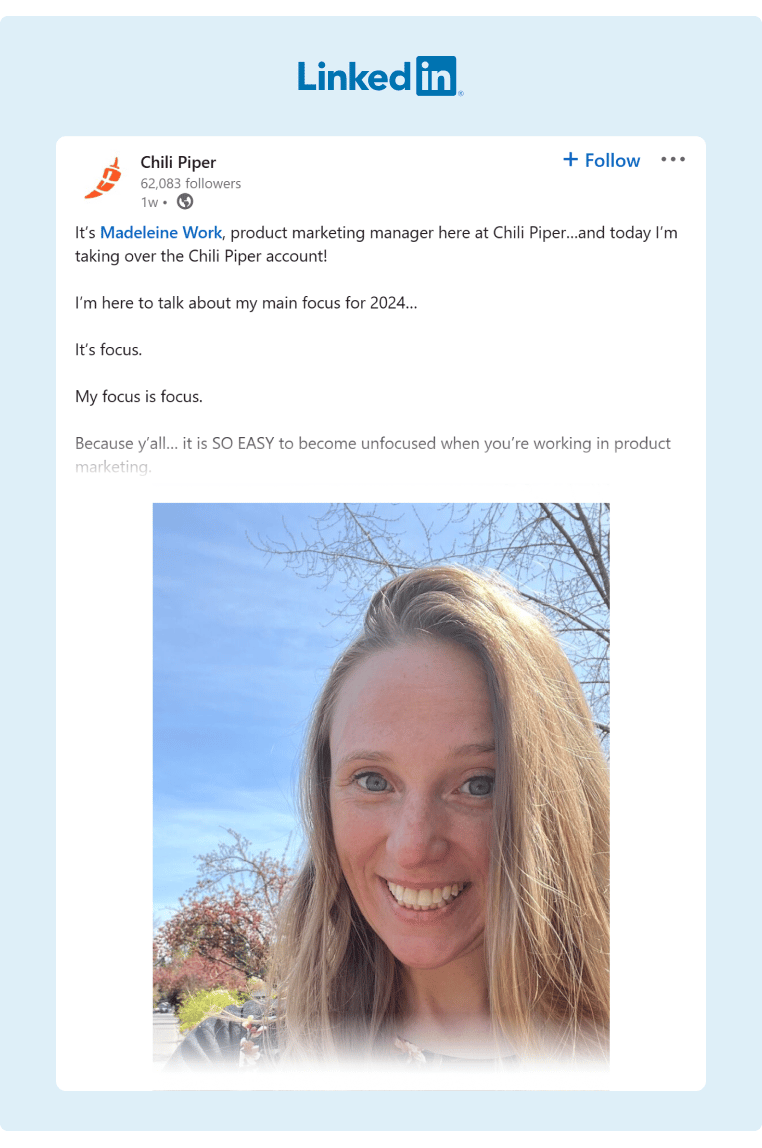
Source: Chili Piper
Taking the Next Step With GaggleAMP
Ready to elevate your employer branding? GaggleAMP can help! Our employee advocacy platform enables companies to transform their employees into active brand ambassadors by offering specialized tools for employee advocacy and social media engagement. This approach taps into your employees’ networks, creating a more authentic and expansive brand presence.
Schedule a demo today to understand how our services can benefit your company’s employer branding activities.





